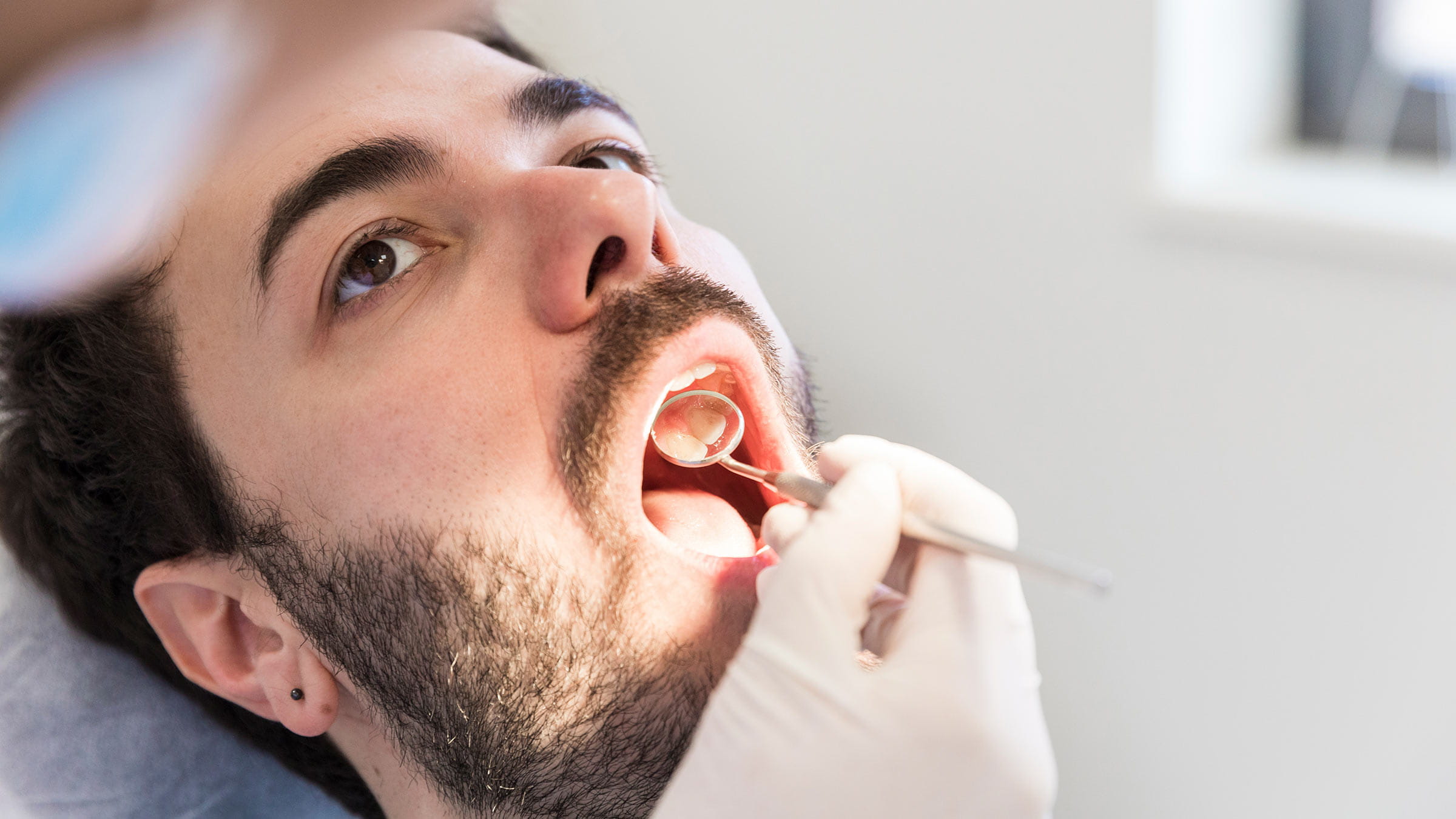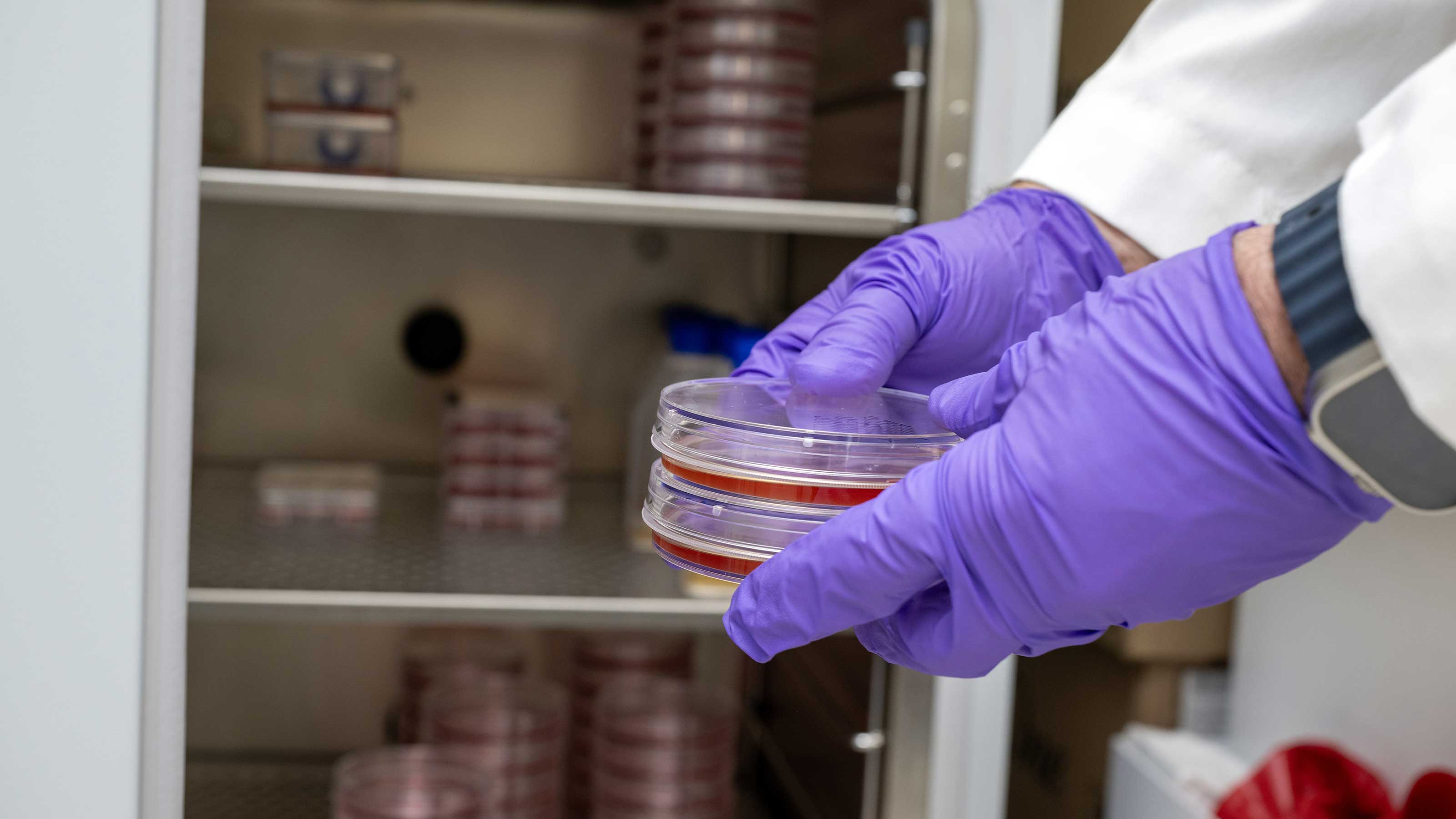
If you have a sore in your mouth, my most important message to you is not to ignore it.
As dentists, we tend to operate on the “two-week rule”: Once you notice something that wasn’t there before, if it’s not gone in two weeks, it needs to be looked at. If it’s a concern to you, your dentist wants to know about it.
And it doesn’t have to be difficult. Telemedicine isn’t often used in oral health care, but this is an instance where it can be. Snap a photo of the spot you’re concerned about, and oftentimes you can email it to your dentist and find out whether it’s something that should be examined.
What could cause a sore in your mouth?
The reason we’re so concerned about taking a look at a sore in your mouth is because cancer is among the possible diagnoses. Dentist is often the first health care provider to diagnose leukemia, for instance.
Swollen or bleeding gums are one oral sign of leukemia. And while oral cancers used to be common mostly among older generations, especially smokers, HPV now can cause cancer in populations of all ages.
Herpes is another serious disease we’d want to look for. The first time you get a herpes infection, you’ll have a fever. Sores generally form on the roof of the mouth, your palate and on gum tissues. These start out as fluid-filled sacs that eventually rupture and form craters. It’s exquisitely uncomfortable, and eating can become very difficult.
Less serious are cold sores, which aren’t caused by a virus. You wouldn’t have a fever with a cold sore, but it’s still necessary to contact your dentist, who can prescribe a topical steroid cream to resolve it.
In most cases, the diagnosis is something minor. If you know the cause of the trauma — a bitten cheek or food jabbing your gums — wait the two weeks and see your dentist if it hasn’t healed.
You may still need care even if it’s not a major injury. A popcorn shell or a fish bone won’t digest in the mouth if left behind. And if you bite your lip, we’ll check to make sure that no piece of the tooth chipped off and became embedded in the lip, cheek or gums.
Additionally, if the injury was the result of getting hit in the mouth, stitches may be necessary to close the wound.
Treatment for mouth sores
The good news is that your mouth is one of the best places on your body to have an injury, if you’ve got to have one. Unlike, say, a finger that would develop a scab after being cut, a wound in your mouth is always in a warm, wet environment, which speeds the healing process.
One of the first things you can do to help as a cut heals in your mouth is to adjust your diet. Acidic foods and drinks will often irritate a cut, so opt for blander choices while the wound heals. Over-the-counter anesthetics (Orajel, Anbesol, etc.) can help reduce pain, but be careful not to use them to mask a serious problem. If the pain persists, contact your dentist.
In some circles, the practice of swishing edible oil in your mouth and spitting it out — known as “oil pulling” — is advised to help improve oral hygiene. There’s no scientific evidence that this provides any benefit, but it hasn’t been found to be harmful.
Contact your dentist
We’re here as the dental profession to help. Sometimes a patient will say, “I didn’t want to bother you,” but these sorts of situations are never a bother. Nothing makes me happier than reassuring a patient that their injury is nothing to worry about.

Healthy teeth start here
Ohio State offers complete general and specialty dental care, including emergency care for patients of all ages.
Schedule an appointment




